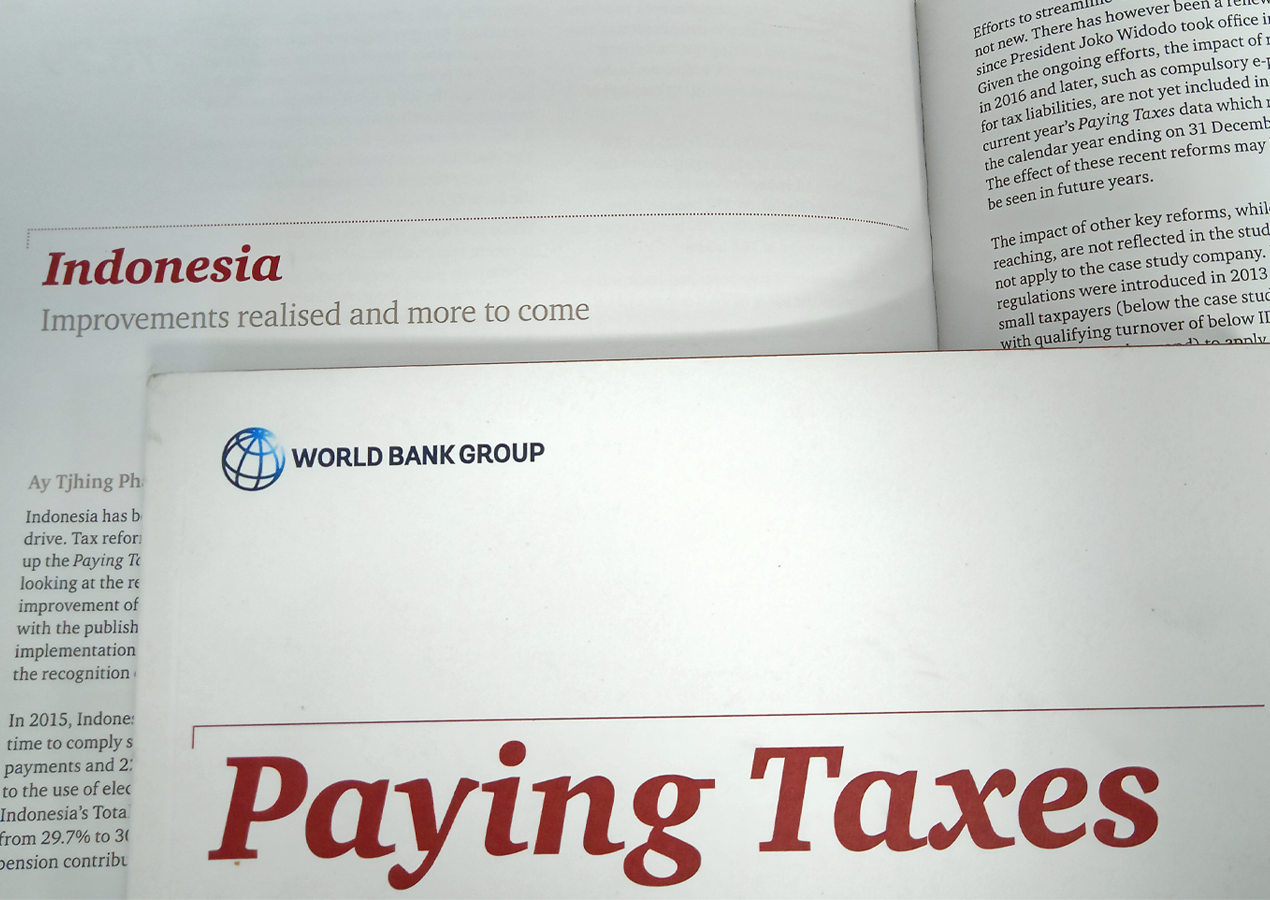World Bank: Tax Revenue will be a Post-Pandemic Indonesia Problem

JAKARTA. The World Bank considers that one of the challenges Indonesia will face after the Corona Virus Disease (Covid-19) pandemic is to increase fiscal space, especially in terms of tax revenue. Indonesia's fiscal space is currently considered very limited as an impact of this pandemic.
In its latest report, titled Indonesia Public Expenditure Review 2020: Spending for Better Results, the World Bank said the Covid-19 pandemic made government efforts to close the gap on human capital and infrastructure in Indonesia even more difficult. This gap has hampered competitiveness and the ability to create jobs, and reduced poverty.
Read: Testing Fiscal Credibility During Crisis and Covid-19 Pandemic
Indonesia's main difficulty in narrowing the gap is due to low government spending capability, which is caused low capability to collect revenue. It is indicated by the level of ratio that is still low compared to other developing countries.
Moreover, government policy in the effort to handle the Covid-19 pandemic by providing tax relaxation, will add to the debt burden. If it's not immediately compensated by efforts to increase revenue will be risky.
In fact, Indonesia's efforts in the past 20 years in encouraging economic growth, are considered to have progressed. It can be seen from the improved macro stability and prudent fiscal management.
Read: Aligning Accounting Standard with Tax Regulations
To increase revenue, the Indonesian government must prioritize taxation reform that focuses on increasing tax revenue on a consumption and income bases. It needs to be done, since the ability to collect Indonesian tax revenues is low.
In addition, World Bank in a report released on June 22, 2020 also advised Indonesia to raise tax rates. This is certainly contradictory if compared to current government policy that precisely cut tax rates for corporation from 25% to 20% gradually starting this year.
The World Bank also assesses that Indonesia needs to improve its taxatioj administration system, so as to make it easier for taxpayers to carry out their obligations. Thus, voluntary tax compliance will increase.


